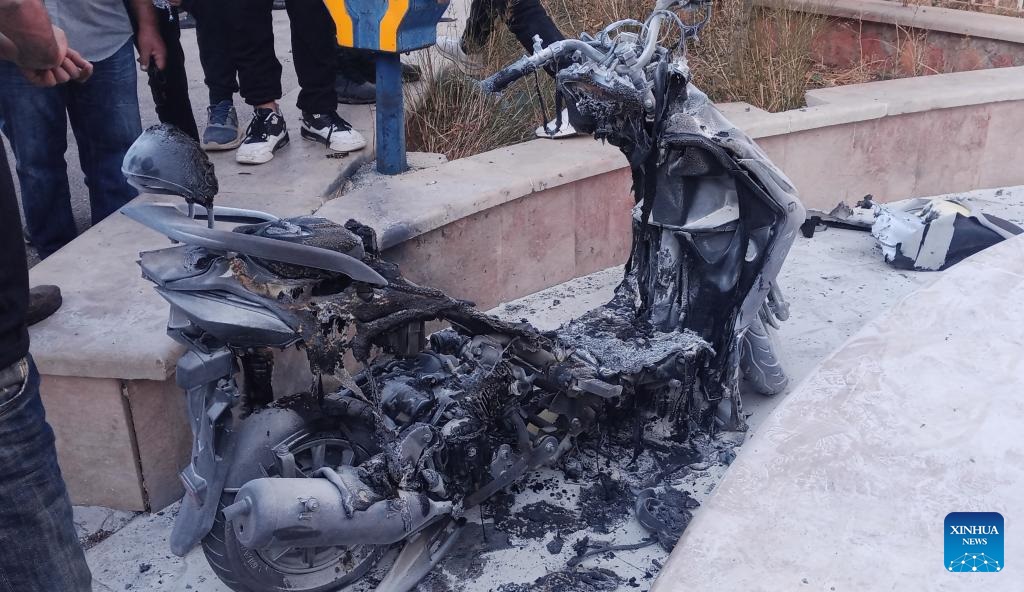The Israeli attacks across Lebanon this week, which caused pagers and walkie-talkies to explode, appear to have specifically targeted Hezbollah’s extensive network of reservists and logistical operatives, according to sources close to the militant group and eyewitnesses.
Among the 37 fatalities, most are believed to have been fighters, based on death notices published by Hezbollah. Lebanon’s Health Ministry confirmed that two of the victims were children.
Many of the dead and more than 3,000 injured—including those blinded or maimed—were civilians such as hospital workers, a shopkeeper, a mechanic, and a teacher. Although not full-time militants, these individuals were connected to Hezbollah in various ways.
The attacks have inadvertently exposed elements of Hezbollah’s inner structure, a group known for its secrecy but deeply integrated into Lebanese society.
Hezbollah, which the U.S. and European allies designate as a terrorist organization, maintains significant support within Lebanon’s Shiite communities by providing jobs and services the national government fails to deliver.
The organization operates hospitals, social welfare programs, unions, and construction companies in Beirut’s suburbs and the southern regions, and, along with its allies, holds 40 of the 128 parliamentary seats.
Joseph Bahout, director of the Institute of Public Policy at the American University of Beirut, noted that the scale of the attacks revealed Hezbollah’s vast influence across Lebanon.
“It’s not a small clandestine militia; it’s a society in arms,” he said, emphasizing the group’s broad, horizontal structure that spans all parts of Lebanese society.

Deaths in Lebanon Due to Exploding Communication Devices
On Tuesday, thousands of pagers distributed by Hezbollah exploded simultaneously across the country, sparking chaos in homes, supermarkets, taxis, and streets, overwhelming hospitals and causing panic. The following day, hundreds of two-way radios detonated, leading to more casualties and confusion.
Hezbollah had issued these devices to its members earlier this year, fearing Israeli surveillance of cellphones as part of a broader assassination campaign. Some pagers were given to active fighters, while others were used by individuals handling logistics, serving as reservists, or working in civilian sectors like healthcare.
A Lebanese source close to Hezbollah explained, “Those who use the pagers are people who do not have just one job,” noting the multifaceted roles members play within the organization.
In a speech on Thursday, Hezbollah leader Hasan Nasrallah defiantly claimed that Israel’s goal of dismantling the resistance structure had failed, vowing to continue the group’s strikes on Israel, which began in support of Hamas in Gaza.
As clashes between Hezbollah and the Israeli military escalate, thousands have been displaced on both sides of the border.
“We will overcome this test with heads held high,” Nasrallah declared.
Despite his confidence, fear and trauma are palpable among the Lebanese population, already burdened by economic crises and political instability. A statement issued Thursday by a panel of United Nations human rights experts highlighted the grave situation, noting, “A climate of fear now pervades everyday life in Lebanon.”
The statement condemned the attacks, stating that they “violate the human right to life, absent any indication that the victims posed an imminent lethal threat,” and called for a “prompt, independent investigation.”
